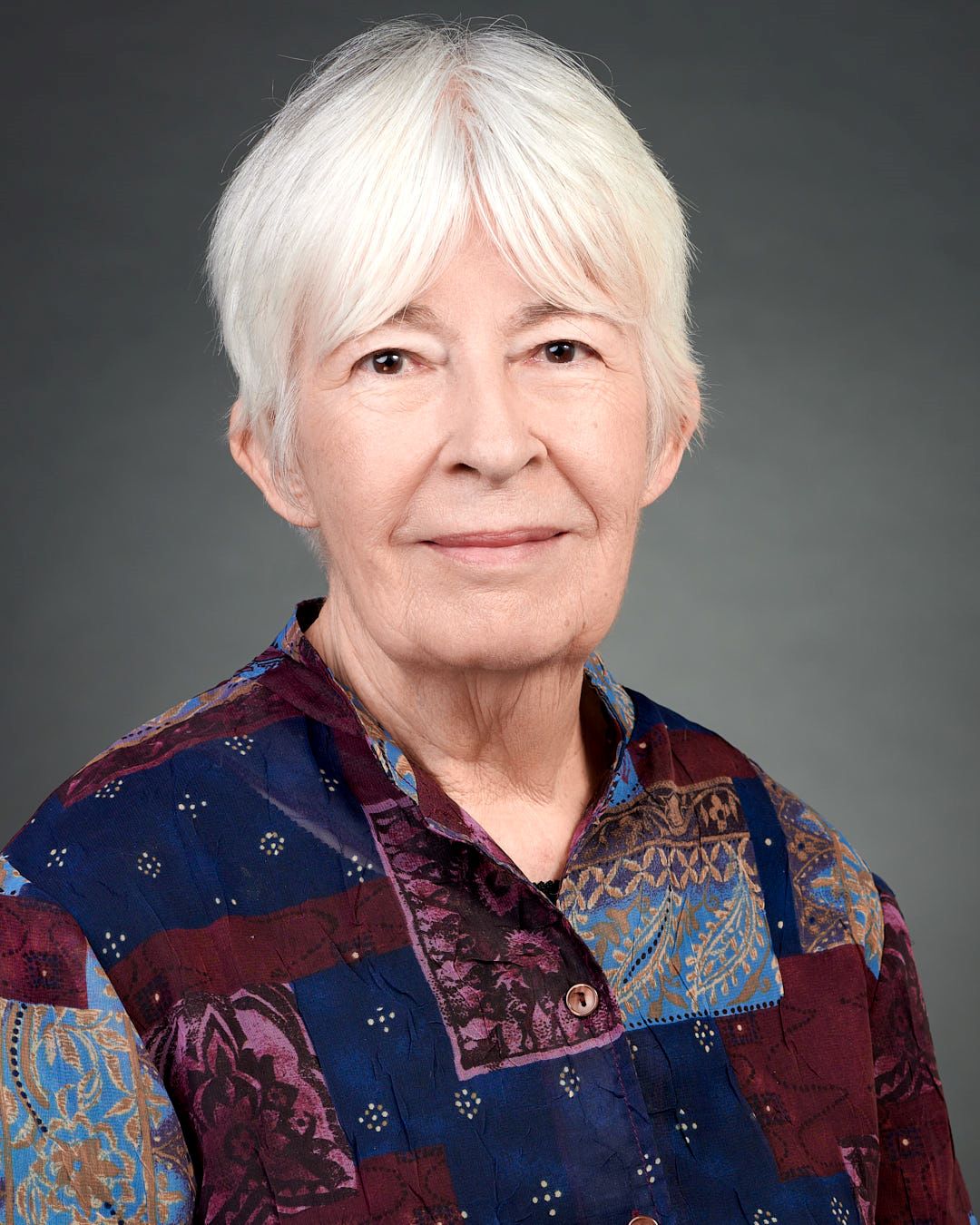Dear Charlotte
By Juliet Marillier | November 1, 2007 |
 Most of us know the basic facts of Charlotte Brontë’s life. Raised in an isolated Yorkshire parsonage; lost two sisters to illnesses contracted at boarding school; later worked as a governess. Shared an elaborate invented world with her talented siblings; wrote novels, with her sisters Emily and Anne, that were published under male pseudonyms. Brother Branwell drank himself to death; Emily and Anne died of consumption. Charlotte married late and died at the age of 39. A woman of limited means, shy, myopic, socially isolated and living in the straight-laced society of Victorian England, Charlotte penned the spirited, passionate Jane Eyre. Anyone who has ever written a Gothic romance, or enjoyed reading one, owes her a debt for creating that unforgettable prototype.
Most of us know the basic facts of Charlotte Brontë’s life. Raised in an isolated Yorkshire parsonage; lost two sisters to illnesses contracted at boarding school; later worked as a governess. Shared an elaborate invented world with her talented siblings; wrote novels, with her sisters Emily and Anne, that were published under male pseudonyms. Brother Branwell drank himself to death; Emily and Anne died of consumption. Charlotte married late and died at the age of 39. A woman of limited means, shy, myopic, socially isolated and living in the straight-laced society of Victorian England, Charlotte penned the spirited, passionate Jane Eyre. Anyone who has ever written a Gothic romance, or enjoyed reading one, owes her a debt for creating that unforgettable prototype.
The facts of Charlotte’s life are sobering – she lost all three younger siblings within a year. But the facts don’t tell the full story. I’ve just finished reading a book called The Brontës: A Life in Letters by Juliet Barker. It contains selections from Charlotte’s letters – we can be glad that her friend, Ellen Nussey, chose to break a promise to Charlotte’s husband that she would burn the many missives Charlotte wrote to her – and correspondence to Charlotte from friends, family and business contacts.
The book was a revelation. I’ll never read Jane Eyre in quite the same way again after seeing Charlotte’s description of having to beg for time off for a brief visit home, or being forced spend hours sewing by poor light when employed as a governess. Plain, quiet Jane with her powerful sense of justice and her internal passions was clearly created in a mould very close to the author’s. As for the judgmental remarks by literary figures about Charlotte’s deficiencies as a conversationalist, I knew exactly how the poor woman must have felt, thrown into London society and trotted out as that interesting rarity, a lady novelist.
I was surprised to learn that Charlotte had several marriage proposals over the years; she was firm in her refusals. Her passion for Monsieur Heger, married head of the school in Brussels where she went to study, was not reciprocated. After Charlotte returned to England, Heger forbade her to write him more than two letters per year. She poured her feelings into her novel The Professor – which her publishers turned down – and its later incarnation, Villette.
The Victorian readership was shocked by the depictions of intense relationships and unconventional behavior in the Brontës’ novels. Charlotte kept her career as a published writer secret from almost all her acquaintance for years, continuing to use the pseudonym Currer Bell. Several staff at her publishers, Smith, Elder and Co, conducted ongoing correspondence with her. At times Charlotte’s letters to director George Smith verged on flirtatious. When Smith got engaged, she wrote him a curt, wounded note of congratulation. These men supported Charlotte during her writing career, shepherding her through the challenges of London visits and accommodating her in their family homes. Their evident respect and affection for her are a highlight of the correspondence.
Despite her retiring temperament, Charlotte could stand up for herself. She was annoyed and offended when introduced to a literary gathering by Thackeray as ‘Jane Eyre.’ Too polite to make any comment in company, afterwards she tore strips off the great man for his patronizing behavior.
Charlotte was no pushover as a businesswoman. The letters show her trying to get her sisters’ books re-released (she succeeded) and questioning the advance paid by their previous publisher. She did travel beyond the environs of Haworth, going to the Lake District and to Scotland as well as London. Like most of us, she had fallow periods in her writing and was shattered by negative reviews.
At the age of 38, after outliving all her siblings, Charlotte married her father’s curate, Arthur Bell Nicholls. I’d assumed they wed for convenience, but Charlotte’s letters show that she loved married life and basked in her husband’s attentions. That makes it especially poignant that she died before they’d been together a year.
This book reminded me that real life produces stories as sad and romantic as any novel. It also struck me that with the disappearance of the art of letter writing we are losing a particularly effective record of social history – a means of filling in the emotional truth behind the facts. Personal letters allow a finely nuanced expression of our life journeys; of its nature, such a letter is both a social interaction and a snapshot of time and culture. Could Charlotte express her heartbreak over M. Heger in an text message? Hardly. Might she write of her desolation at the deaths of her siblings in an email? I don’t think so. With the dawn of electronic communications, we may have lost a lot more than we realize. Who will be reading our blogs in 150 years’ time?
Photo Credit: © Nikonite Agency
Dreamstime.com










Oh Charlotte.
More than any other writer, she inspired my love of the written word. She’ll always be contemporary for writing a strong character holding onto dignity while in a wage-slave existence.
I’m glad she tasted a little connubial happiness in her tragic life. I’d hate to think she’d given up on love.
Thanks for a great post, Juliet.
Charlotte sounds like someone who could’ve existed today: smart and business savvy, with the talent to take her as far as she wanted to go. It’s too bad she didn’t have the benefit of 21st century medicine.
Your point about letters is a good one, Juliet. Things have changed drastically in our society thanks to technology just within the last ten years.
This book has been languishing on my TBR for a while, but it’s now moved to the top of the stack. Thanks for posting this.
your point about letter writing is so important. my son is in iraq and, of course, email is great for keeping in close daily contact (when possible). but i make an effort to write one very long letter each week to him and include it in a package. so when it arrives he will have much to read and enjoy at his leisure (if he has any!!) on another point, i am also an inverterate letter keeper – something my friends and family members find so helpful – and extremely humorous. Their childhood letters to me are so adorable and revealing and it’s something they can share with their children. i keep hoping one of them will become famous enough that i’ll read a query in the new york times book review looking for any personal letters of…
My letter writing was reduced to a minimum with the advent of email – I regret that, though I appreciate the convenience and speed email allows. I kept on writing letters to my mother until her death earlier this year, as she didn’t ever come to grips with the computer age. And I write letters rather than emails to my family and friends when they are dealing with big life crises.
Keeping letters is good – you are maintaining those important social records, Thea. However, like Arthur Bell Nicholls, I’m not very keen on the idea that personal letters written in my youth might surface in the public arena at some future date!
I’ve seldom kept letters, even hard copy ones, and that’s a shame, for as a keen family historian I treasure the few old letters and post cards that have been passed down or photocopied and shared. I found in a book from the archives at Wakefield in Yorkshire a letter written by a many-times distant aunt to her son at the time of the Great Fire of London. It’s an interesting document in any case, but knowing the lady was one of my forebears makes it really special.
Just as special is a photo of a marriage entry at Dewsbury on 7 July 1811. The groom was one Joseph Preston; the bride, Charlotte Speight. The ceremony was conducted by Patrick Bronte, then curate at Dewsbury, and one of the witnesses was my 3x great-grandfather, Richard Hemingway. I wonder what Patrick’s daughter Charlotte was doing on that day?
PS Just checked – she was still a glint in her father’s eye:-)